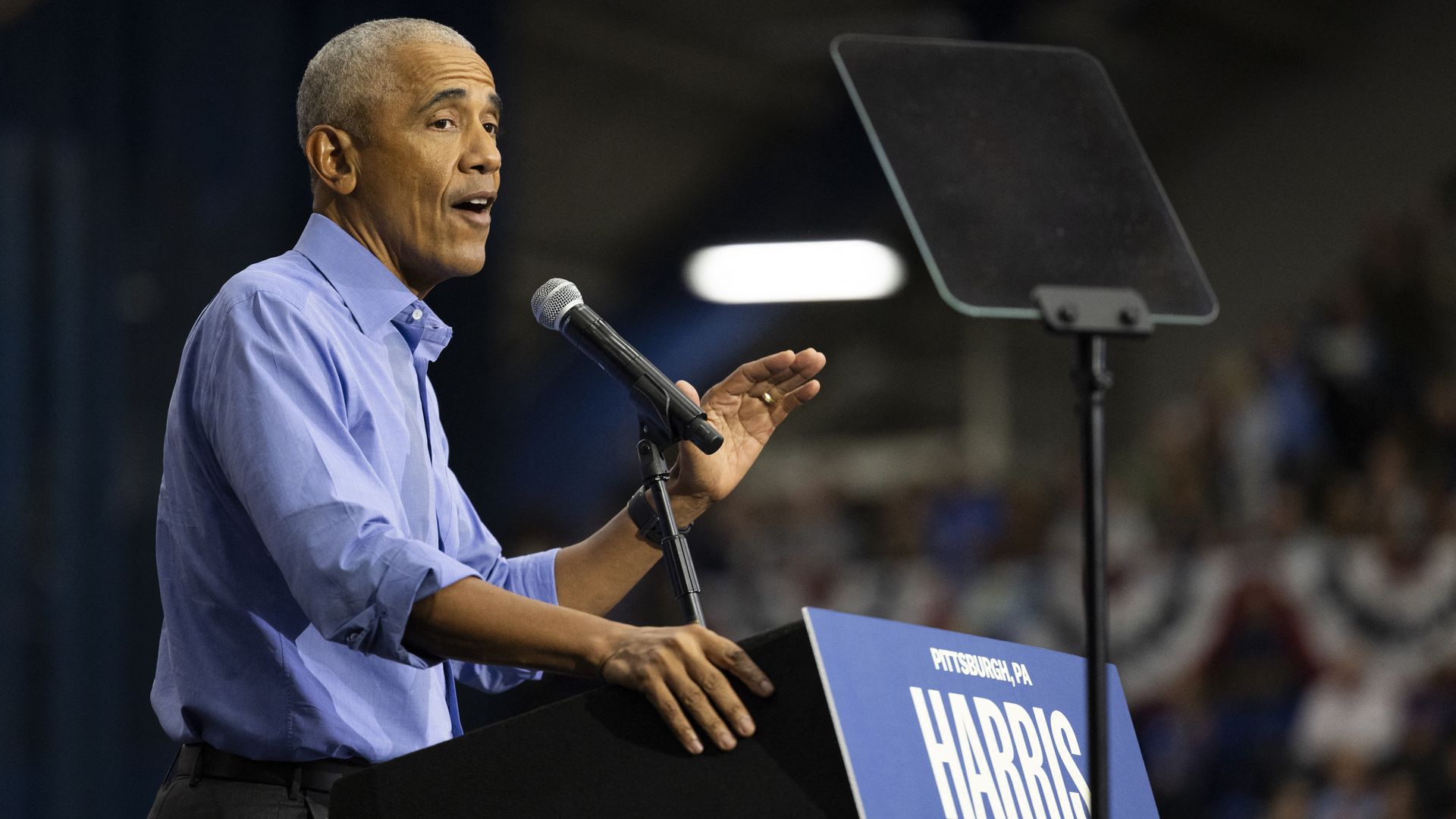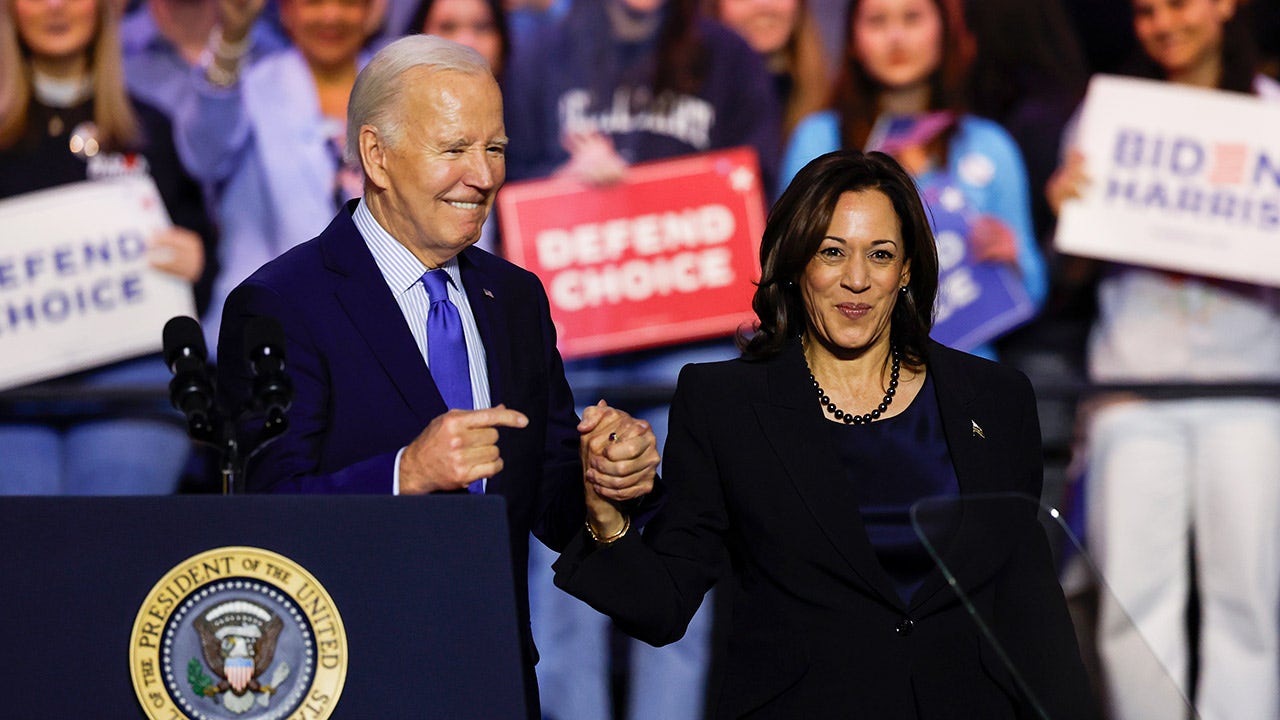Louisiana will have 2 Black majority districts for fall elections, US Supreme Court decides

The U.S. Supreme Court ruled on Wednesday that Louisiana must hold its congressional elections this fall in two districts with a Black majority instead of just one.
The high court suspended a decision by a three judge panel that had thrown out a map created by the Louisiana Legislature to create two districts with a majority of minorities in January.
The Supreme Court suspended the panel’s ruling “pending the timely docketing” of the appeal. This allowed the November 5 elections to be held under the interim map, which was the last one that the Legislature had approved in January.
The January map of the Louisiana Legislature created a second electoral district to allow Blacks to elect someone more representative of their interests. This was done by connecting predominantly Black neighborhoods around Baton Rouge and Lafayette, Alexandria and Natchitoches.
|
White majorities were found in the districts of House Majority leader Steve Scalise (R-Jefferson), and House Speaker Mike Johnson (R-Benton), the two chamber leaders. They also appeared in the district of Rep. Julia Letlow (R-Start), a member the House Appropriations Committee that has the first say on how federal funds are used.
The Legislature wanted to ensure that all six congressional districts in the state had the same number of constituents. To achieve this, they drew up the second Black District so that Rep. Garret G. Graves of Baton Rouge, who was elected from a predominantly White area, would be placed into a district with a majority of Black voters, most of whom he has never represented.
Graves told reporters on Wednesday that he would not comment.
Cleo Felds, a Baton Rouge Democrat and state senator, will be a contender if the second Black district is retained for the November elections.
Fields stated Wednesday that “it was a matter for the Supreme Court to decide and make final, giving people in the entire state certainty.”
A special panel of three judges, selected by the 5th U.S. Circuit Court of Appeals, rejected the map proposed by the Legislature last month. Circuit Court of Appeals chief judge Priscilla richman. The majority opinion was written by U.S. district judges Judge Robert R. Summerhays, and David C. Joseph in Lafayette. Both were nominated to the panel by President Donald Trump. They ruled that the map of the Legislature was an “impermissible racial gerrymander,” which violated the Equal Protection Clause, found in the 14th Amendment of the U.S. Constitution.
The majority concluded that “the unusual shape of this district reflects a deliberate effort to include as much Black population dispersed as possible to create a district with a majority of Blacks.”
The third panelist, Judge Carl E. Stewart of U.S. Court of Appeals, 5th Circuit, disagreed, saying that the majority judges “tightly wrapped a straight-jacket on state decision making” to find that the map violated Equal Protection Clause.
The state and several Black voter groups countered by saying that the legislature had taken into account race in drawing the new boundaries. This was in line with the standards the courts have articulated in the last half-century in interpreting Section 2 (of the federal Voting Right Act) which was passed in 1995 to enforce the century-old Constitutional rights of minorities to vote in elections.
Liz Murrill, the state attorney general, noted that the Supreme Court had previously stayed a case of a similar nature. Murrill argued that if the Supreme Court refused the panel’s ruling, “this case would be a blueprint for federal courts to second guess State election officials as they please,” creating confusion during elections.
The Supreme Court’s stay was issued on the same day that the state claimed to be the deadline for using the Legislature configuration for the election in November. This would allow Louisiana Secretary of state Nancy Landry enough time to assign the voters in Louisiana to their new congressional district on her office’s computers.
Murrill stated in a Wednesday statement that the Secretary of State had repeatedly said she needed a road map by 15 May. The plaintiffs didn’t contest it during the trial. We will continue to defend this law, and we are grateful that the Supreme Court granted a stay. This will allow us to have a stable electoral season.
The alternative was that the state would use the 2022 maps, which elected the five White Republicans in the House of Representatives and the one Black Democrat. Both must be re-elected this fall. This configuration is already stored in the computer system of the state.
The Legislature, when it passed its January layout, revoked those 2022 districts.
Shelly Dick of the U.S. district chief judge in Baton Rouge also stated that Blacks make up about a third the population of Louisiana and are close enough to each other to allow for the creation of a second majority-minority district, as required by the Voting Rights Act. She pointed out that Louisiana has never had a Black candidate for Congress in a district with a majority of Whites, meaning that Black voters cannot elect someone that better represents their interests without creating a second district.
A panel of the 5th Circuit found that Dick did not “clearly err” in its factual findings or commit a legal error in their conclusions.
Edward Greim, a Kansas City attorney who represented 12 plaintiffs who challenged a map drawn by the Legislature, said in a statement on Wednesday: “The state assumed, just because a voter’s skin color was different, that they must hold certain beliefs, have political preferences and, yes, cast specific votes. Both sides agree that our country has long since moved past this thinking.
Sonia Sotomayor, an associate justice of the Supreme Court, and Elena Kagan – both nominees by Democratic Presidents – would have denied applications for a temporary stay. Justice Ketanji Brown Jackson dissented.
Jackson wrote that “the Louisiana Legislature, the two Governors of Louisiana, civil rights groups, voters and jurists on every level of our federal government have all weighed in” about these challenges. “Rather than rushing in, I would have waited for the remedial process to run its course.









No Comments